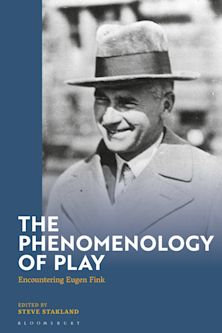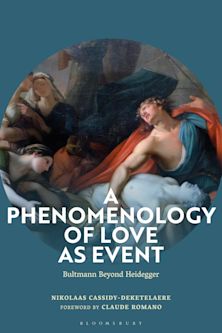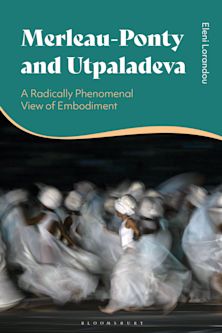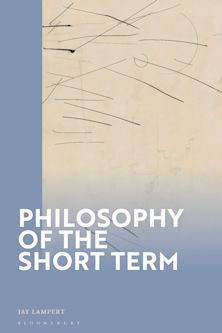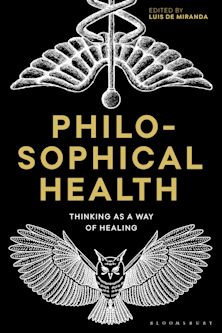Value Phenomenology
Taking Account of Edith Stein’s Contributions
Value Phenomenology
Taking Account of Edith Stein’s Contributions
This product is usually dispatched within 2-4 weeks
- Delivery and returns info
-
Flat rate of $10.00 for shipping anywhere in Australia
Description
Explores Edith Stein's phenomenology of values as found in her early work-specifically her Contributions to a Philosophical Foundation for Psychology and the Humanities (1922).
Mette Lebech makes a constructive exposition of Stein's phenomenology of values by discussing the experience of value and motivation (Part I), that which is constituted in value-response (Part II), and how certain later approximations of value-phenomenology can be completed by means of it (Part III). Stein's synthesis of Husserl's project of founding the sciences with Scheler's phenomenological discussion of values, emotion, and sociality carries Stein's specific contributions. These are 1) the distinction between psychic causality and motivation, which allows for a clear interpretation of how emotion relates to values (Part I) and 2) the understanding of how the experience of value and preference leads us to constitute the personal “I,” the basis for the value hierarchy, the psyche, the structure of intersubjectivity (with its three modalities, mass, association and community), the world, and the real world (Part II). Finally, a Steinian discussion of the vestiges of value phenomenology found in Heidegger, Levinas, and de Beauvoir contextualises the investigation (Part III).
Table of Contents
Abbreviations
Introduction
1. Formulation of the Problem and Methodological Approach
Part I: The Experience of Value and Motivation
2. What is a Value?
3. The Experience of Motivation
Part II: That Which I Constitute in the Experience of Value and Motivation
4. That Which I Constitute in the Experience of Motivation According to its Essence
5. That Which I Constitute in the Concrete Experience of Preferred Motivation According to its Essence
6. Belief According to its Essence
7. Concerning That Which I Constitute in the Preference of Belief
Part III: Contextualisation of Steinian Value Phenomenology in Terms of Later Phenomenologists
8. The Turning Away from Empathy, Values and the Person in Heidegger
9. The Evasion of Motivation and of the Person in Levinas
10. De Beauvoir and the Quest for Being an Other Person
Conclusion
Bibliography
About the Author
Index
Product details

| Published | 05 Feb 2026 |
|---|---|
| Format | Hardback |
| Edition | 1st |
| Extent | 256 |
| ISBN | 9781666939743 |
| Imprint | Bloomsbury Academic |
| Dimensions | 229 x 152 mm |
| Series | Edith Stein Studies |
| Publisher | Bloomsbury Publishing |

ONLINE RESOURCES
Bloomsbury Collections
This book is available on Bloomsbury Collections where your library has access.














